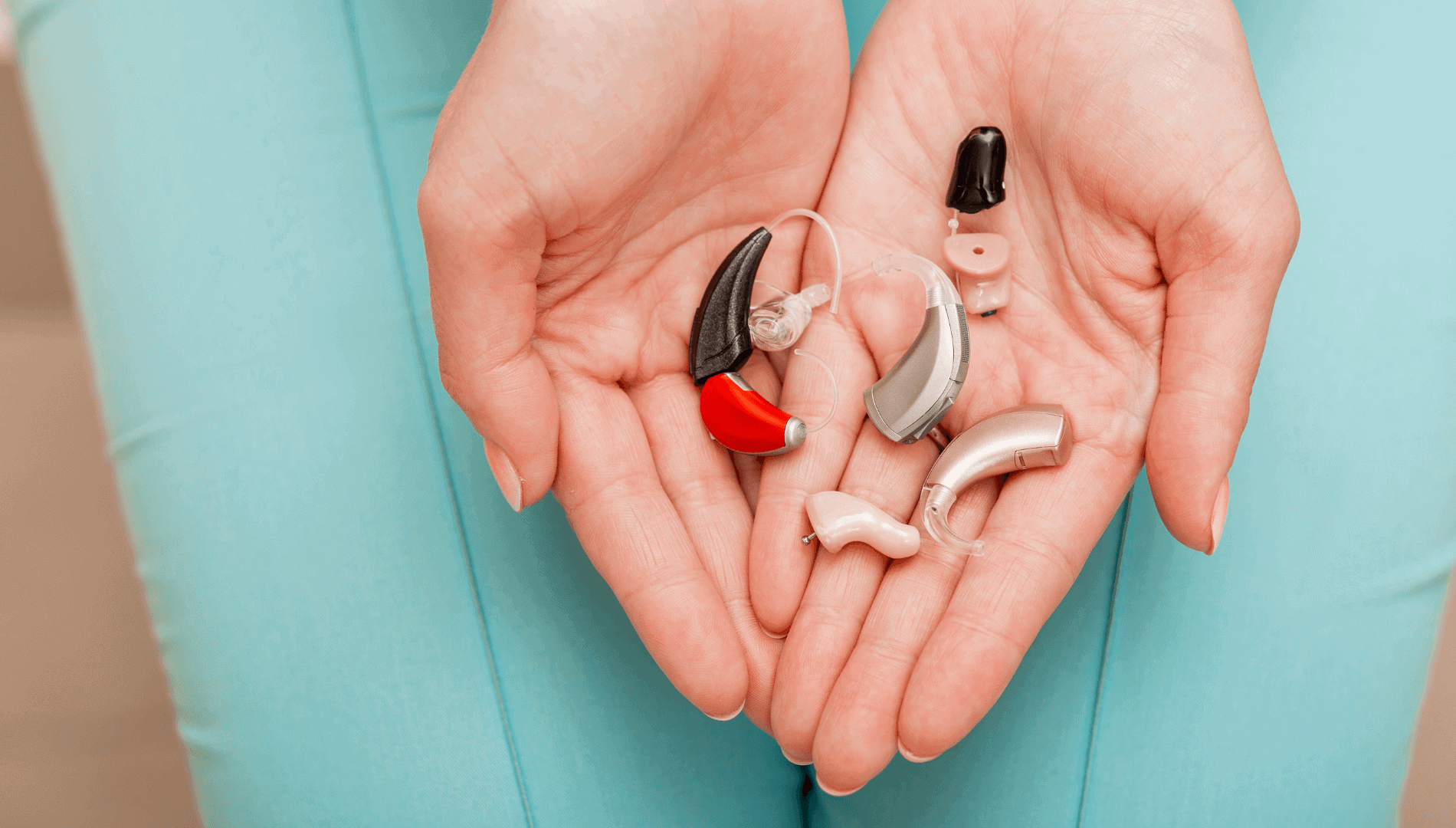
Properly disposing of hearing aids is important for both environmental and personal health. While these devices significantly improve the quality of life for individuals with hearing loss, knowing how to dispose of them responsibly benefits us all. As hearing aids become obsolete or stop functioning, it is crucial to find suitable disposal methods.
Identifying the Components of Your Device
Understanding the different parts of a hearing aid is the first step in its responsible disposal. Most modern hearing aids consist of electronic components, batteries, plastic casings, and sometimes metal parts. Each part may require different disposal methods. For example, the batteries used in hearing aids are often small and contain hazardous materials like lithium or mercury. These materials are dangerous for the environment if disposed of improperly. On the other hand, plastic and metal components may be recyclable.
The Recycling Programs
Many manufacturers and hearing health practices offer recycling programs specifically designed for hearing aids. These programs ensure that hearing aids are dismantled safely and responsibly. By participating in these programs, you contribute to reducing electronic waste. Contact your hearing health provider to inquire about recycling options. They can guide you on where to send your old devices. Some manufacturers provide pre-paid shipping labels, making the recycling process even more convenient.
Donating Used Hearing Aids
Various organizations collect used hearing aids, refurbish them, and distribute them to people who cannot afford new devices. This practice not only helps the environment but also aids those in need. Reach out to local charities or international organizations that focus on hearing health. Some well-known organizations, such as the Lions Club, have dedicated hearing aid donation programs. Make sure the hearing aids are clean and in good working condition before donating.
Proper Battery Disposal
The batteries in hearing aids deserve special attention. They contain materials that are harmful to the environment. Never throw hearing aid batteries in regular trash. Instead, collect old batteries in a safe container and bring them to designated battery recycling centers. Many supermarkets and electronics stores have drop-off points for small batteries. You can also consult your local waste management service for information on proper battery disposal. Properly disposing of these batteries ensures that hazardous materials do not leak into the soil or water supply.
Consulting Your Hearing Health Professional
Your hearing health professional is an excellent resource, well-informed about the latest disposal guidelines, and can provide specific recommendations based on the type of hearing aid you use. They can also conduct a hearing health exam to confirm whether any upgrades or replacements are necessary. Hearing health professionals often work with manufacturers and recycling programs, making them your go-to resource for responsible disposal. If you’re unsure how to dispose of your hearing aids, contact us so we can provide clarity and peace of mind.
Preparing for New Hearing Aids
Before you dispose of your old hearing aids, make sure you have new ones ready if you still require assistance with hearing loss. Schedule a hearing health exam to assess your current hearing needs. The test results will guide which type of new hearing aid is best for you. Once you have new hearing aids, take the time to learn about any recycling or disposal programs specifically endorsed by your new hearing aid manufacturer. Many brands offer attractive incentives for returning old devices, ensuring responsible and efficient disposal.
Reducing Electronic Waste
Electronic waste is a growing global concern, and hearing aids contribute to this problem if they’re not disposed of properly. Responsible disposal helps reduce your environmental footprint and promotes sustainable practices in the hearing health industry. You can make a significant positive impact by choosing environmentally friendly disposal methods, participating in recycling programs, and donating unused devices. These actions collectively contribute to a cleaner, healthier planet. Contact us today for more information or to schedule an appointment.
